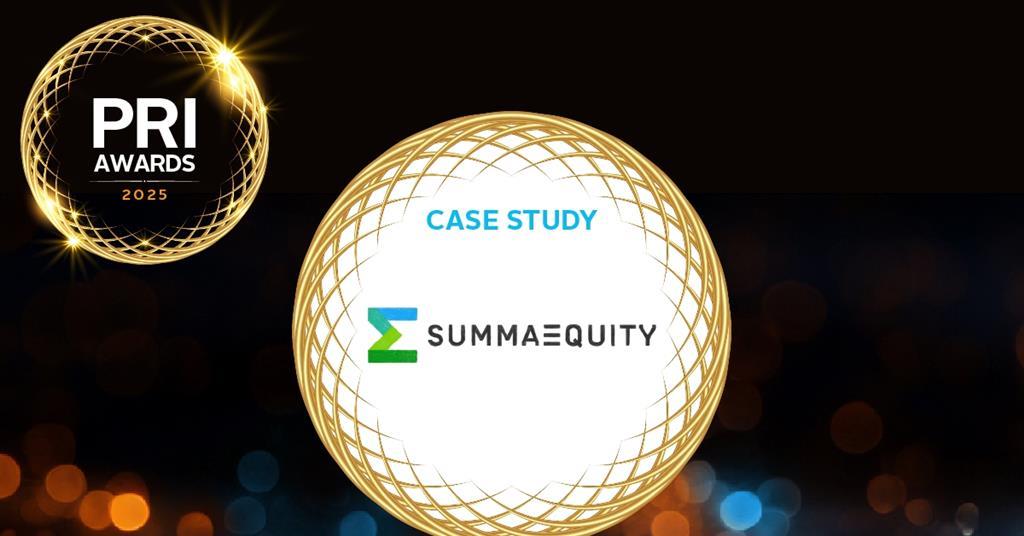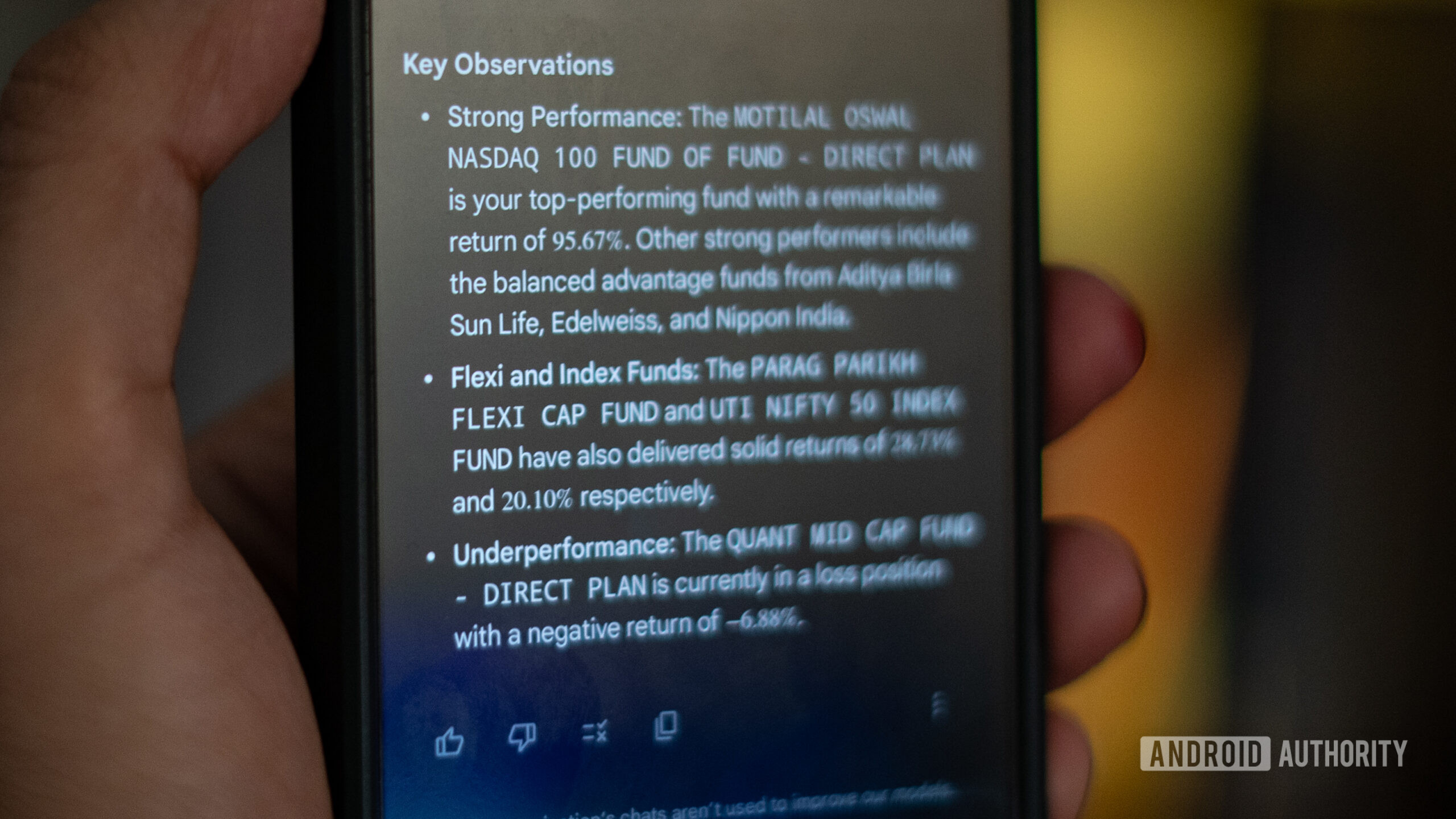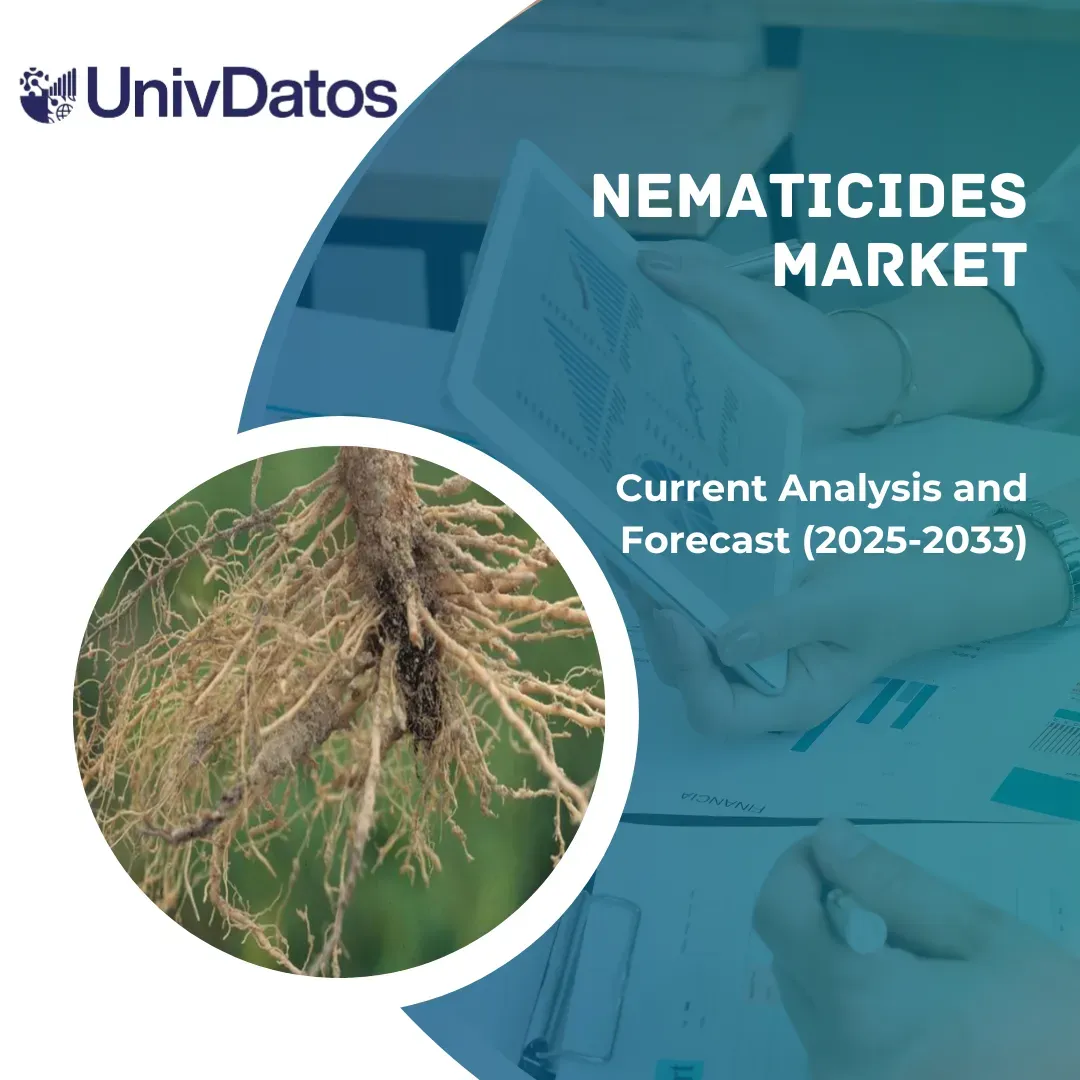Yale’s endowment spending rate to remain stable despite tax hike

Yale’s endowment management strategy will likely remain constant, despite the 8 percent tax to the endowment’s investment returns, a University spokesperson wrote.
Isobel McClure
Staff Reporter

Alex Hong, Contributing Photographer
The University’s investment strategy is “unlikely” to change significantly as Yale navigates an increased tax on its endowment investment returns, a University spokesperson wrote to the News.
Yale is now subject to an 8 percent tax on the profits it makes from its endowment’s investments — an increase from the previous 1.4 percent rate — under a provision in the Republican tax-and-spending bill signed into law by President Donald Trump on July 4. Regardless, the annual target spending rate for the endowment will remain at 5.25 percent, consistent with previous years, an unnamed spokesperson writing from an Office of Public Affairs and Communications email address wrote to the News.
“Its important to recognize that the university, to some extent, dodged a bullet here,” Lloyd Mayer LAW ’94, a professor at the University of Notre Dame’s law school, said in an interview, noting that an earlier version of the bill proposed a 21 percent tax rate, which might have led “to a lot more hard thinking about shifting the mix of investments to maximize unrealized gains and minimize realized gains.”
Holding assets longer could delay taxation, experts say
The 8 percent tax applies to the endowment’s realized gains, or the profits Yale makes when it sells assets. After the initial purchase of an asset, it may take years for an asset’s gains to be realized, David Yermack, a professor at the New York University Stern School of Business, explained. If institutions hold assets longer, therefore postponing realizing gains, they can delay the taxation of those profits, Yermack said.
“There’s a big difference between an investor’s taxable income in a given year and the rate of return that the investments actually might have earned,” Yermack said in a phone interview. “Most of the time, the profits come from capital gains, but those are deferred until you actually sell the asset.”
Similarly, Mayer said an investor could delay realizing an investment return and the taxation that would be applied to it by instead continuing the investment of the unrealized income and compounding its value.
Questions about private equity investments remain
As universities navigate the increased tax to their endowment investment returns, questions about how the endowments will utilize private equity partnerships remain.
Joshua Cascade, a lecturer at the School of Management, said Yale was a “leader” among universities that invest in private equity, which is believed to generate higher returns but has less liquidity — the availability of an asset to be converted into cash.
According to Cascade, when an investor partners with a private equity firm, the firm places money in a fund that they are then responsible for investing and managing. For instance, a private equity firm may have five years to use the fund to purchase companies and then five years to sell the companies. The firm would then return the cash to investors as distributions.
“How to manage this tax is how to probably restructure their private equity investments with the help of the private equity managers to get around the tax law,” Yermack said about wealthier institutions. This possibility will hinge on the new regulations for the endowment tax that are currently being established by the Internal Revenue Service.
According to Cascade, private equity firms have not been able to sell companies at the same pace as they have in the past, delaying distributions to investors. Private equity portfolios’ average timelines are expanding, he said.
Before 2017, when universities’ endowment returns were not taxed, the timing of distributions to investors from private equity partners was not substantially considered, Yermack said. Now, universities will likely work with private equity managers to restructure distributions, he said.
“I would expect them to work closely with the private equity managers to structure those funds in a way that is tax favorable to the universities,” Yermack said. “You might work out a way to not actually liquidate that fund but to exchange it for an interest in another fund.”
Asked whether private equity investments’ longer timeline could help mitigate the endowment tax’s effects, Lauren Libby GRD ’29, a doctoral candidate at the Law School, noted that private equity investments tend to involve higher risk, with limited liquidity making the assets difficult to sell and cash hard to access “in times of need.”
The News reported in June that the University was moving to sell $3 billion of its private equity portfolio, which Yale characterized as part of a portfolio “cleanup.”
Yale’s endowment was valued at $41.4 billion in June 2024.
link






